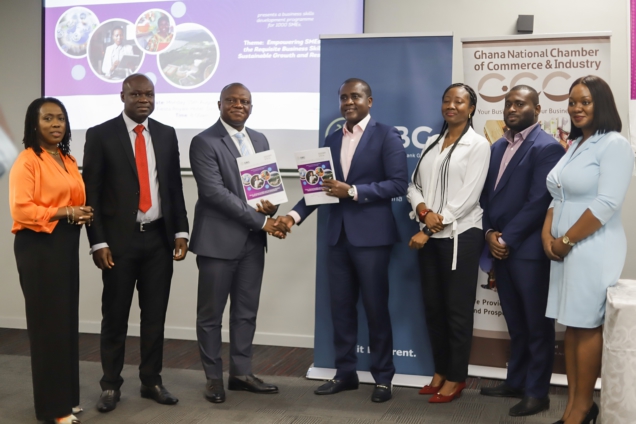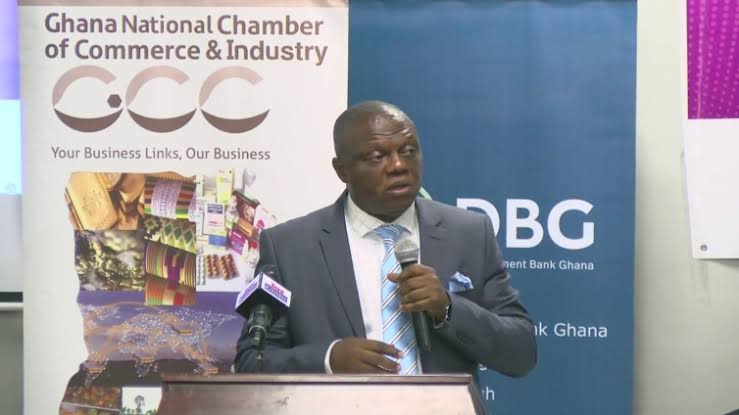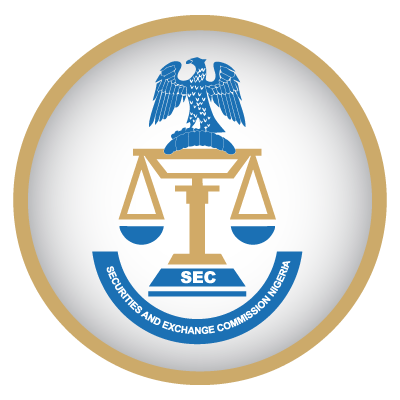The Development Bank Ghana (DBG) and the Ghana National Chamber of Commerce Industry (GNCCI) have commenced the first phase of a capacity-building workshop for 1,000 SMEs across the nation.
The program is a part of DBG’s dedication to supporting solid alliances that help SMEs develop their capability.
The program has been created for SMEs to help them learn more about the many business sectors that will improve their capacity to obtain finance from DBG’s partner financial institutions (PFIs) and establish sustainable businesses.
A total of 94 Small and Medium-sized Enterprises (SMEs) from the four main sectors of the DBG’s focus—agribusiness, information technology, manufacturing, and high-value services—participated in the first edition, which was held in Accra a fortnight ago. Women and Youth-owned enterprises are a key area of attention for DBG in these industries.
The Bank’s deputy CEO, Michael Mensah-Baah, reaffirmed the bank’s commitment to being a key component of the strategy to promote SME growth in the economy at the occasion. According to him, the success of Ghana’s economic growth depended on this.
According to the President of the Chamber, Clement Osei-Amoako, the skills development initiative is designed to give 1000 MSMEs the necessary capabilities to scale up their business operations and reduce their risk so they can more easily obtain long-term capital.
The joint business skills development programme is under the theme “Empowering SMEs with the requisite business skills for sustainable growth and resilience”.
100 SMEs from the area were invited to Koforidua, where the second session in the series recently took place. More than 30% of these were run by women.
Participants in these workshops were guided through a variety of business subjects by knowledgeable resource people in risk management, financial management, environmental and social governance (ESG), and entrepreneurship.
ESG practices necessitate a comprehensive assessment of the company in order to evaluate how a company serves its internal and external stakeholders and the environment over which it has influence. The advantages of implementing ESG frameworks and sustainability practices in their businesses were made clear to the participants.
Giving SMEs the necessary business skills for resilient and sustainable growth is the focus of the collaborative business skills development program.
The regional workshops aim to strengthen and bolster the private sector’s business abilities in Ghana so they may expand their operations and become more competitive.
Tarkwa, Takoradi, and Cape Coast will host the following round of workshops on September 13, 15, and 20 of 2022, respectively.
DBG uses a wholesale banking business model, funding qualified financial institutions to lend money to Ghanaian companies in specific industry areas. DBG uses the networks and already-existing infrastructure of its partner financial institutions rather than making direct loans to SMEs in order to finance the private sector.
DBG also uses a collaboration strategy when offering training and business advisory services to SMEs.
The primary responsibility of the Ghana National Chamber of Commerce and Industry, which was founded under the Legislative Instrument (611 of 1968; Act 232), is to promote and safeguard business and industrial interests in Ghana.










